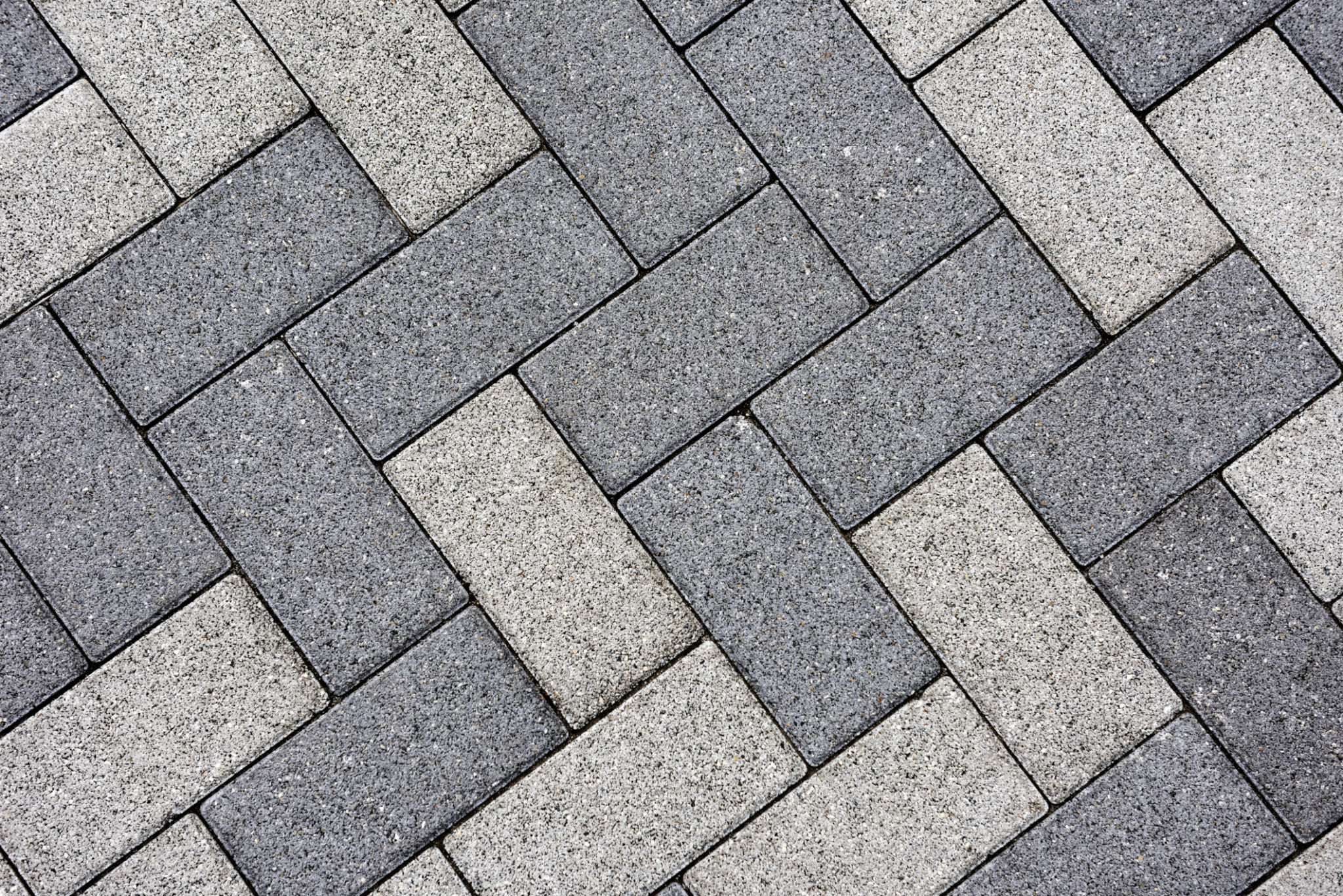The Ultimate Guide to Choosing the Right Driveway Material for Your Home
PP
Understanding the Importance of Driveway Material
When planning to upgrade or install a new driveway, selecting the right material is crucial. Your choice not only affects the aesthetics of your home but also its functionality and durability. A well-chosen driveway material can enhance curb appeal and increase property value, while a poor choice might lead to costly repairs and frequent maintenance.
The right material depends on various factors such as climate, budget, and personal preference. To help you decide, we've compiled this guide covering the most popular driveway materials, along with their pros and cons.

Concrete Driveways
Concrete is one of the most popular choices due to its durability and low maintenance. It provides a clean, modern look and can last for decades with proper care. Concrete driveways can also be customized with color tints and stamped patterns to mimic other materials like stone or brick.
Despite its benefits, concrete can be prone to cracking in areas with freezing temperatures. Sealing the surface can help prevent damage from the freeze-thaw cycle, but regular maintenance is essential to keep it looking its best.
Pros and Cons of Concrete
- Pros: Durable, low maintenance, customizable.
- Cons: Prone to cracking, can be expensive.
Asphalt Driveways
Asphalt driveways provide a smooth finish and are typically less expensive than concrete. They are ideal for colder climates as they can withstand freezing temperatures better than concrete. Asphalt is also easier to repair, which can be a cost-effective option in the long run.
However, asphalt requires more maintenance than concrete. It needs to be resealed every few years to maintain its appearance and prevent cracks. Additionally, asphalt may not offer as many design options as other materials.

Pros and Cons of Asphalt
- Pros: Cost-effective, good for cold climates, easy to repair.
- Cons: Requires regular maintenance, limited design options.
Paver Driveways
Paver driveways are made from individual bricks or stones, offering a classic and elegant look. They are available in various colors, shapes, and patterns, allowing for a high level of customization. Pavers are also highly durable and can easily be replaced if damaged.
The main downside to paver driveways is the cost, as they tend to be more expensive than concrete or asphalt. Installation requires professional expertise to ensure the pavers are laid correctly and remain level over time.

Pros and Cons of Pavers
- Pros: Highly customizable, durable, easy to repair.
- Cons: Expensive, requires professional installation.
Gravel Driveways
Gravel driveways are the most economical option and offer a rustic charm that suits many rural properties. They are easy to install and allow for excellent drainage, making them suitable for wet climates. Gravel can be replenished easily if displaced.
However, gravel driveways require regular upkeep to maintain their appearance and function. They may need periodic grading to smooth out ruts or uneven areas and can become muddy or dusty depending on weather conditions.
Pros and Cons of Gravel
- Pros: Affordable, excellent drainage, easy installation.
- Cons: High maintenance, not suitable for all climates.
Making the Right Choice
Choosing the right driveway material involves weighing the pros and cons of each option and considering your specific needs and preferences. Whether you prioritize cost, appearance, durability, or ease of maintenance, there's a material that will suit your requirements.
Take the time to research and consult with professionals if needed. Your driveway is not just a functional space; it's an integral part of your home's exterior that deserves thoughtful consideration.

